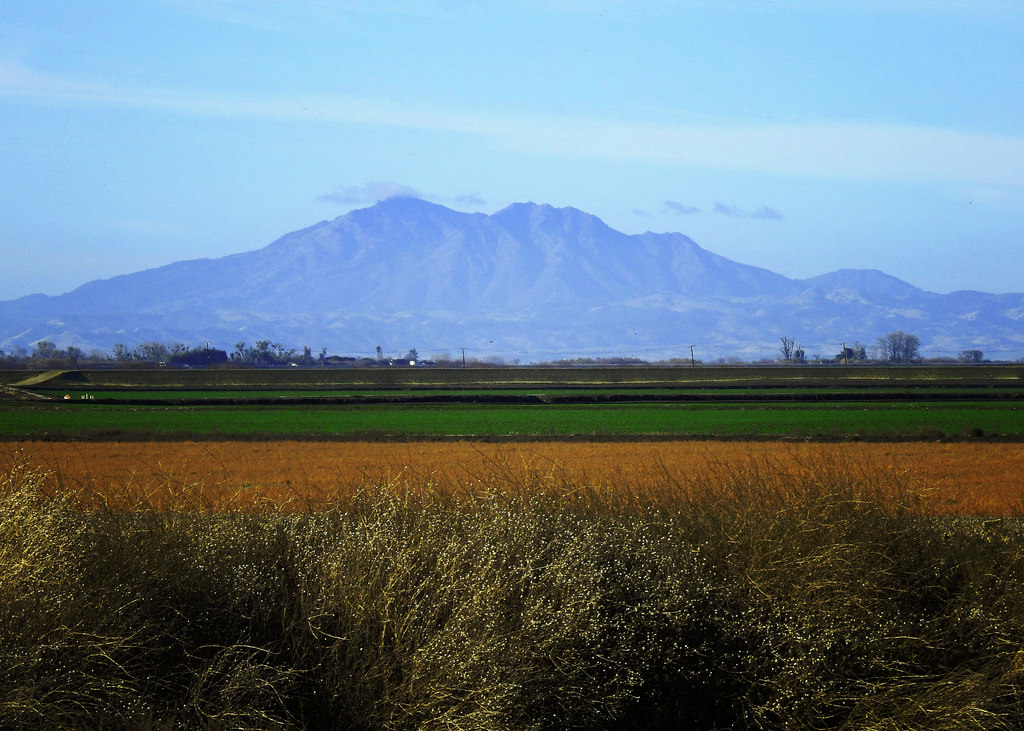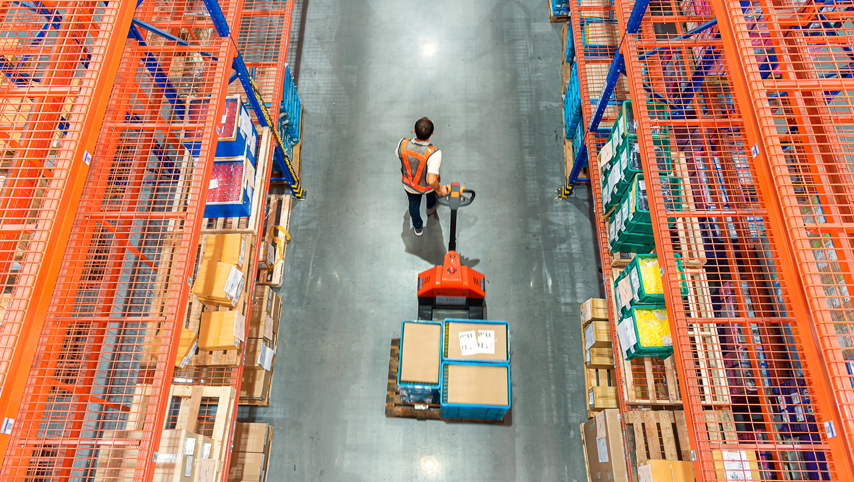The trucking industry was riding high: trucks were operating at capacity; new technology and new trucks were being added to the vehicle count; and it looked as though the economic boom would continue unabated. Then the global economy ran into the “Black Swan” disruption of COVID-19.
Every successful business has plans in place to confront and manage risks that the business may experience, from natural disasters like hurricanes and floods to financial downturns due to local problems. As an example, a manufacturing plant that employs hundreds of people shuts down resulting in a steep climb in unemployment which impacts virtually every business in the town, including businesses that have fleets.
However, there are some events that are so unexpected and so huge that few businesses know how to prepare for them. These events are known as Black Swan events. The term comes from a book, The Black Swan, written in 2007 by statistician and risk analyst Nassim Nicholas Taleb. His term refers to unexpected outlier events of major magnitude…a term that certainly applies to the current pandemic.
Prior to this, the last time businesses faced an unexpected global disaster was the financial meltdown of 2008 due to the housing crash. Looking back, there were signs that this might have occurred but too many businesses were on a high to look more closely at the data. The same with COVID-19. Scientists and physicians have long talked about precisely the kind of pandemic we are facing…but again, few listened to the warnings.
Unique challenges fleets face during this crisis
When the pandemic first hit, some companies that supplied essential items; food, PPE, paper products, medicine were incredibly busy shipping goods across the country. Many still find themselves in this position but for so many other companies, the situation is not good. Fleets find themselves with vehicles sitting parked as employees are either laid off, furloughed, or working remotely. Cost-cutting and cost containment need to be practices of course, all while trying to ensure business continuity. But this pandemic has created certain circumstances that make this difficult.
- A reduction in on-site employees may mean normal preventive maintenance does not occur in a timely manner, negatively impacting the on-the-road condition of the truck.
- Every vehicle has to go through a thorough disinfecting and sanitizing after each trip. That can be costlier than the normal vehicle cleaning. Plus, fleets will need to stock up on their own PPE to protect both technicians and drivers.
- Right-sizing a fleet is something every business should do…but that does not always happen. During this crisis having the right number (and the right type) of vehicles is essential. Replace assets that are underused and not the right fit for the business with newer appropriate vehicles.
- Fleets should invest in programs (or partner with a third party) that can do complete lifecycle analyses of every vehicle in the fleet to capture the efficacy of each asset.
- Once the decision on new vehicles has been made, companies should be looking at leasing new vehicles rather than purchasing them. In uncertain times, companies may find the decision to lease and potentially outsource maintenance as a way to cut overall costs while keeping up with any technology advances and government regulations.
- Invest in employee training and engagement policies. This may seem counterintuitive when you are trying to cut costs, but when it comes to your team, you want to retain those who rely on to keep the company moving. Remember, the trucking industry has some of the oldest employees of any industry; more than half are over the age of 45. That means companies will need to attract and retain millennials in order to continue operating. Their wants and desires are different than Boomers’ so having the right policies and training is vital.
There are many more considerations that fleets need to look at closely, but there are also opportunities. Companies should look at this crisis as the right time to strategically and innovatively prepare for the day this crisis ends…and how to deal with the next Black Swan that flies by.





